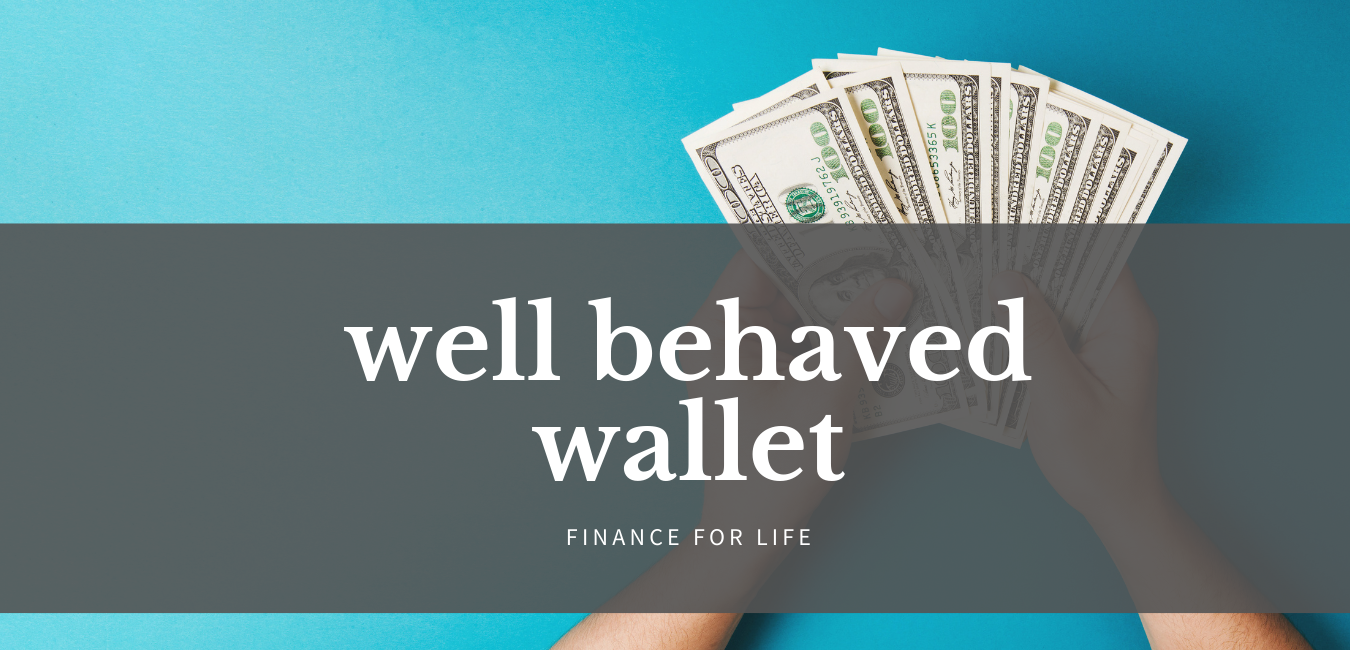
Are you wondering about the Financial Independence Retire Early movement? This is a financial strategy has been gaining popularity over the last thirty years. In short, the Financial Independence Retire Early (F.I.R.E.) movement is a lifestyle with the goal of using extreme frugality, savings, and investment to achieve financial independence very fast. In this article, I’ll aim to outline the main tenets of the Financial Independence Retire Early movement, as well as outlining the pros and cons in order to give you a balanced overview of the method.
The Financial Independence Retire Early (F.I.R.E.) is a movement dedicated to a lifestyle of frugality, extreme savings, and investment with the goal to allow the practitioner to retire much earlier than traditional retirement age. The objective is to accumulate assets until the resulting passive income provides enough money to cover living expenses, making work optional.
Many followers of the Financial Independence Retire Early movement advocate using the 4% rule as a rough withdrawal guideline, that is, to withdraw 4% of the total nest egg savings each year. Thus the goal becomes to save 25 times your anticipated annual living expenses. Once you reach financial independence, paid work becomes optional, allowing for work to be optional.
The F.I.R.E. movement was born from the 1992 best selling book Your Money or Your Life, by Vicki Robin and Joe Dominguez. The Financial Independence Retire Early movement represents the core idea of the book. Namely, that you should evaluate every expense in terms of the number of working hours it takes to pay for it.
PROS and CONS of the F.I.R.E. Movement
PROS of Financial Independence Retire Early:
Learning to live below your means
People who practice FIRE learn to live well below their means. This is a positive discipline! By living below your means and saving more than 50% of your income, you discipline yourself to have a healthy attitude toward money. In this case, if you practice FIRE in a dedicated manner, you train yourself to live in a way that aligns with your future goals. Learning to live in a disciplined way is a definite pro.
Less Stress over money
When you train yourself to live below your means, money flows in a more disciplined manner. A disciplined approach to money leads to less stress over money. Check out this article on how to reduce stress and anxiety over money. Practicing FIRE may bring a more disciplined and calm feeling over money in general.
Additional Savings
It’s never a bad thing to have money saved away! No matter the purpose, an additional savings cushion is always positive. If you’re aiming for FIRE, you will learn to save additional money. Whether you reach your financial goals or not, having some additional savings is always a positive thing.
More Flexibility with Your Time
When you achieve FIRE and reach the status where work is optional, you will have more flexibility with your time. You may choose to use this time to pursue additional passions and projects that don’t necessarily bring in large amounts of money. Having additional time will also allow you to spend additional time with family and loved ones. Just be sure not to lose loved ones on your journey to Financial Independence!
CONS of Financial Independence Retire Early:
Missing Out on Life Experiences
If you choose to follow the extreme savings path of FInancial Independence, you may find yourself forgoing life experiences in the interests of saving money. Money is a renewable resource, but time is not. Remember that time, experiences, and relationships are non renewable. Make sure not to make sacrifices for things that can not be replaced.
Unpredictability of the Future
The goal of FIRE is to achieve a “work optional” status and accumulate enough assets to live comfortably off the interest. Once you achieve this status, you may find yourself wondering if you have enough assets to truly cover the entirety of your retirement. Traditional retirement plans are based on a 30 year retirement length, however if you spend longer in retirement, you may find yourself in need of additional retirement savings. This is certainly a potential con to pursuing a FIRE path with a true retirement including no work.
Fewer Professional Opportunities
If you have followed the path of retiring early, ceasing traditional work, and then later find that you need to reenter the workforce, professional opportunities may be limited. Traditional employers prefer an unbroken work history and if you have been out of the workforce for a long stretch of time, you may find yourself limited in the traditional work opportunities available. You may need to explain this gap to potential employers and potentially gain additional skills needed in the current workforce. This is not to deter anyone from working toward the goal of Financial Independence and Retiring Early, however it’s prudent to be aware of and prepare for the potential need to reenter the workforce.
BOTTOM LINE:
Financial Independence Retire Early is a wonderful goal to pursue. However, be careful not to sacrifice important life events in the ruthless pursuit of savings. When you reach the goal of retiring early and leave the traditional workforce, it’s also wise to keep your professional opportunities open by remaining current in your professional skills, no matter how you choose to spend your newfound free time.

FIRE practitioners may still work, but the general idea is that if you lose your job, it’s not necessarily a devastating loss and you’ll still be okay financially. But to get to that state, you’re right you shouldn’t sacrifice anything that can’t be replaced. Try to value experiences over material possessions, and relationships with friends and family above that.